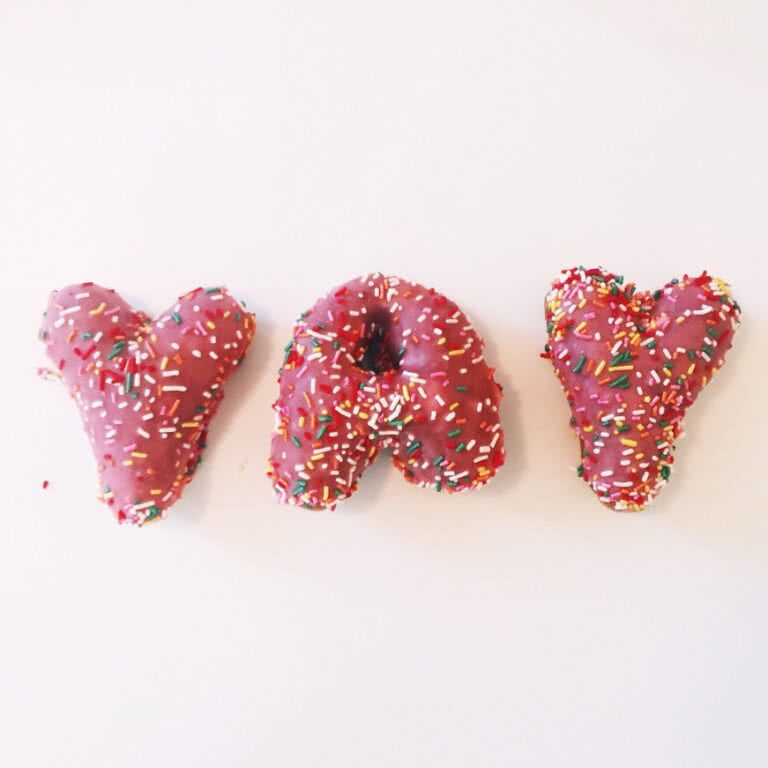The communication sent in the lead up and during your event plays a big part in the happiness of your attendees. A well-informed attendee knows exactly what to expect and where to find everything — leaving them to focus on having a good time. So what should you be focusing on when it comes to event communication?
Email is not dead
One look at your overflowing inbox is probably the best sign that email is still alive and well! While your inbox is filled with every detail of your event, everyone else is sifting through reminders about the latest ASOS sale and unreturned emails from their mothers. Competition for attention is stiff, but you can get through by keeping notices informative and interesting. Here are some tips for email communication in the lead up to your event:
Repetition is ok
It’s worth remembering that busy people can often be forgetful. Just because you sent them a reminder three weeks ago about some important event details, doesn’t mean they won’t need to hear it again!
There’s nothing wrong with repeating that information in an email one week before your event and another the night before. Programs like MailChimp can even be set up to send a series of useful and exciting information to your attendees once they have a ticket.
When sending multiple pieces of communication, try to stagger out information to highlight ‘new news’, alongside important details. This will help build excitement and avoiding coming off as spammy and repetitive. For example, early communication pieces should feature details like keynote speakers and venue details. Later communication should include any surprise offerings and last chance messaging, to encourage guests to bring along others.
Multi-channel communication is best
Hearing from you regularly keeps your event and brand top of mind. While email is generally the most effective single channel, everyone has a different preferred channel for communication. We recommend developing a communication strategy across all your platforms, including email and social media. Remember that not everyone that sees your Facebook message will open your email and vice versa.
Common knowledge reduces enquiries
If you hear the same event question more than once, update your event listing to include that information and mention it in an upcoming email and/or social post. Surfacing this kind of information can reduce the number of customer messages you need to handle. Consider having an FAQ section on your website, but don’t rely on it as something that everyone will read! If information is important or likely to create extra workload with enquiries, be sure to highlight it.
Make time for the details
Event organisers often laser-focus on getting the big ticket items right. We’ve found that spending a little extra time on the details can make a huge impact on your attendees’ experience.
Include information on the actual ticket
A ticket and/or confirmation email is the first place your attendees look for any number of event details including start time, dress code, hashtags, and refund policy. Customising the ticket with these critical details can reduce any day-of confusion for attendees.
Post more signage
By the time your event comes around, you have a perfect map of the venue and event setup in your head. Your attendees on the other hand, just want to find a bathroom. There’s no such thing as too much signage to help people find what they need (and it’s another brand exposure opportunity!)
Keep arrival easy
Making event entry as seamless as possible for your attendees makes your life easier too. Using a check-in device (such as Eventbrite Organiser app on iOS or Entry Manager on Android) makes it easy for several people to scan folks in fast. If there’s a feature of your event that you want people to focus on or see first, get entry staff to practice a friendly greeting that points them in the right direction as soon as they enter.
When your attendees feel taken care of, they’re guaranteed to have an even better time at your event. It’s a virtuous cycle; the happier your customers are, the more smoothly your event will go.
Looking for tips on communication that builds awareness of your event and attracts new attendees? Check out how to build hype and marketing buzz in part one of our five-part series on optimising the ticket buying journey.





